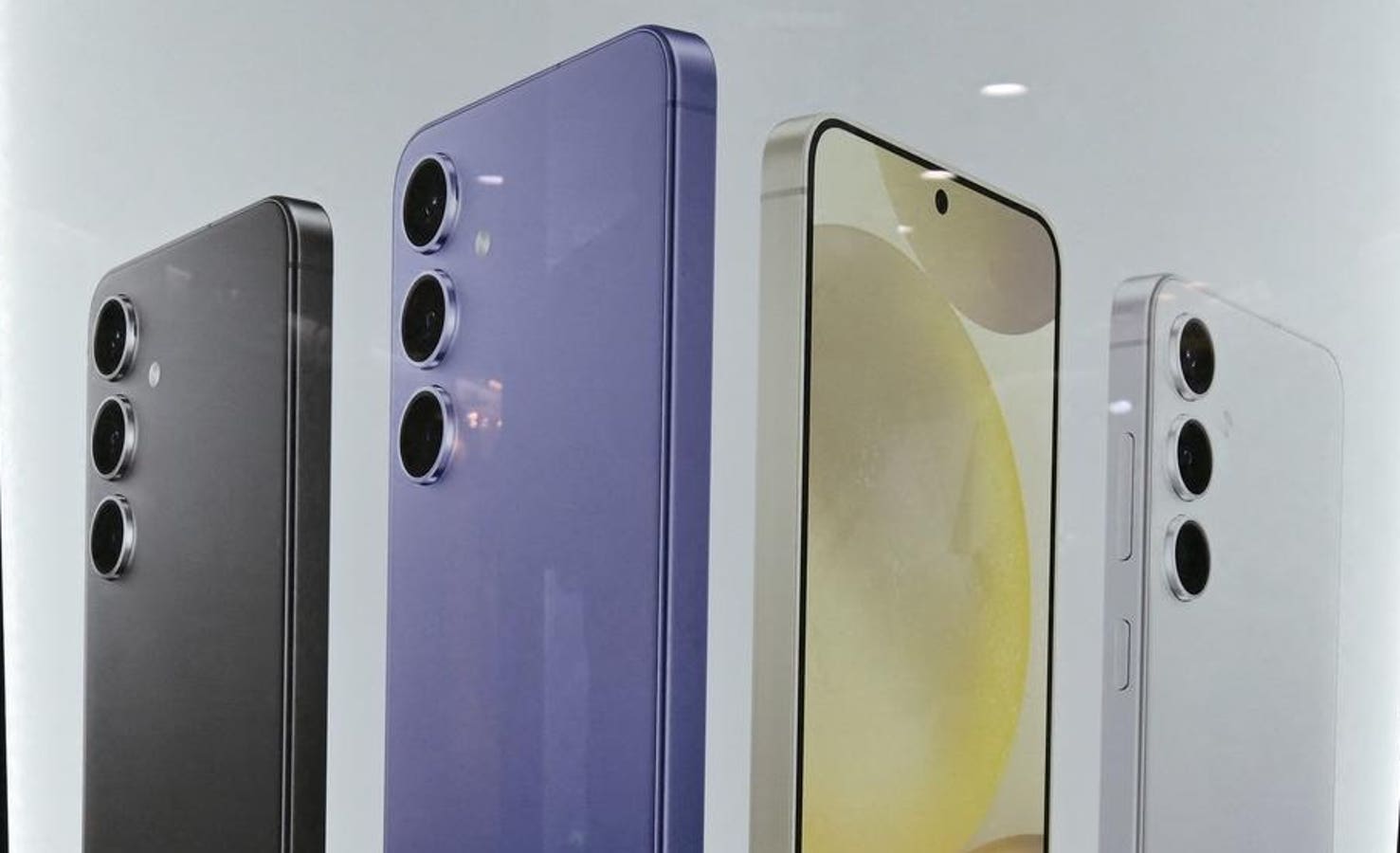Why does being appreciated for your uniqueness feel so validating? And what conditions does this … More
Statements like, “You’re not like other people,” “You’re not like the others I’ve dated,” or “You’re different. Special,” often land like compliments.
They might even feel deeply validating, especially if you’ve spent much of your life feeling misunderstood. To be told you stand out, that you’re exceptional, can feel like you’re finally being seen after years of invisibility.
Being singled out and appreciated touches something vulnerable: the part of you that’s longed to be chosen for the very things that make you different.
But these words that sound like flattery can subtly shape the way you show up in the relationship, pushing you to perform rather than simply exist. And when love hinges on being “not like the rest,” it’s rarely as unconditional as it first appears.
Here’s the psychology behind this common line, and why it may not be the compliment you think it is.
1. It Adores Your Image But Keeps You Isolated
Many people carry an internal belief that they don’t quite fit in. It’s a feeling often rooted in childhood exclusion, neurodivergence, trauma or simply being more observant than expressive. So when someone says, “You’re not like other people,” it speaks directly to that unhealed wound. It feels validating, even comforting, that someone finally sees your uniqueness.
But what sounds like recognition can be performance bait.
Instead of helping you feel safely understood, this kind of compliment can reinforce a sense of separateness. It puts you outside the circle of “ordinary” people. And once you’re placed outside that circle, it can become hard to relax or let your guard down. This has several consequences.
A 2020 study published in Communications Research Reports, using the Communicate Bond Belong (CBB) theory, found that when people become more self-conscious about how they present themselves in social interactions, they tend to expend more social energy, experience less enjoyment and feel less connected in the moment. This is especially true in interactions where people feel they must maintain a certain image, often at the cost of their authenticity.
So while being seen as “different” may initially feel flattering, it often leads you into a silent performance loop. You start to self-monitor. You suppress your needs. You fear slipping up. Eventually, you may notice that you feel more tired after interactions instead of feeling more connected. Because what seems like a pedestal is often just a spotlight. And unfortunately, spotlights don’t keep you company for too long.
2. It Sets You Up To Perform, Not To Be
Once someone casts you as “not like the rest,” you may begin feeling pressured to keep living up to that image. In romantic relationships, this pressure can feel especially heavy. You may find yourself:
- Suppressing ordinary needs or boundaries so you don’t seem “too much”
- Over-functioning to stay impressive, agreeable or effortlessly low-maintenance
- Fearing emotional honesty, because it might “prove” you’re not so special after all
What initially feels like admiration can quickly become a role you’re afraid to fall out of. Rather than building closeness, this dynamic breeds performance-based worth. One where you don’t feel valued for who you are, but for how well you maintain the persona someone else admires.
A 2015 study published in Self and Identity exploring how people present their relationships to others exemplifies this. It was found that individuals with high attachment anxiety (those more preoccupied with acceptance and rejection) engaged in heightened self-presentation when they anticipated interacting with another romantic couple. The study highlights how social comparison and relational visibility can intensify the drive to curate one’s image, particularly for those already unsure of their worth.
In essence, if you already fear being unlovable, being labeled as “special” can heighten that fear. But when you start performing solely to feed your desire for approval, you also start losing your authenticity. In turn, the other person only connects with a polished version of you, not your whole, complex self.
That’s how flattery becomes a trap. Conditional affection starts as praise but ends in self-erasure. And when you finally show up as fully human, the admiration may disappear because it was never really you they loved, but the role that you played.
3. It Often Devalues Others To Elevate You
If you’ve struggled with feeling “not enough” in past relationships, it might feel validating when someone compliments you by putting others down. But, while these compliments may come across as genuine admiration at first, they’re just comparisons in disguise.
Comments like “You’re not like other girls,” “You’re not needy like my ex,” “You’re so chill, not like most people,” don’t acknowledge who you are as a person. They merely shape you into someone more convenient — someone who won’t ask for too much, feel too deeply or challenge their comfort.
This is conditional positive regard in action. Research published in Journal of Personality in 2016 shows that, in romantic relationships, conditional approval (even when masked as praise) undermines relationship quality by threatening your sense of autonomy. When love is earned by meeting unspoken expectations, you begin to shrink yourself to stay accepted.
The trap begins to close in on you when you start suppressing your needs, emotions and complexity out of fear of losing the admiration that once felt so affirming.
What’s worse, the person who once said, “You’re not like the others,” may one day say, “You’ve changed,” or, “You’re just like the rest.” The compliment was never stable; it was a condition.
You will know a connection is genuine when it doesn’t ask you to compete with someone’s past. It doesn’t reward you for outperforming someone else. Rather, it makes space for your full, emotional, imperfect humanity, and still chooses you.
So, What Should You Watch For Instead?
Pay attention to what psychologically healthy dynamics sound like. Real, grounded connection is reflected in compliments like:
- “I love how you express yourself.”
- “I feel safe around you.”
- “You’re so thoughtful, I really appreciate that.”
- “I love you for who you are.”
These statements are anchored in specific behaviors and present-moment experiences, as opposed to vague comparisons or inflated ideas of uniqueness. They don’t put you on a pedestal.
While being seen as unique can feel wonderful, we have to be cautious when that uniqueness comes with pressure to uphold a fantasy, or worse, when it’s built by tearing others down.
Here’s what you need to hear, or simply remind yourself: “You don’t need to be exceptional to be loved. You just need to be allowed to be yourself.”
Because real intimacy isn’t about being unlike others. It’s about being truly known and loved, exactly as you are.
Wondering if you can show up authentically in your relationship? Take the science-backed Authenticity In Relationships Scale test to find out.









